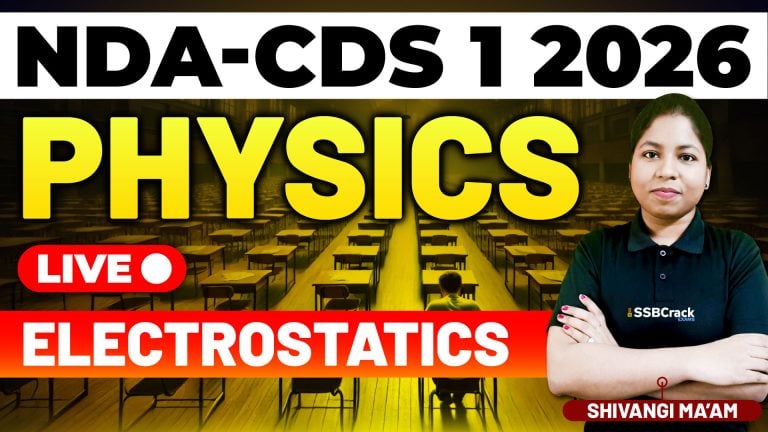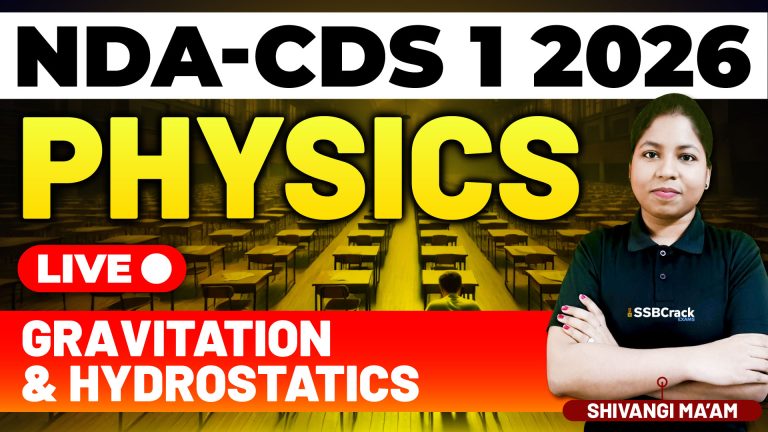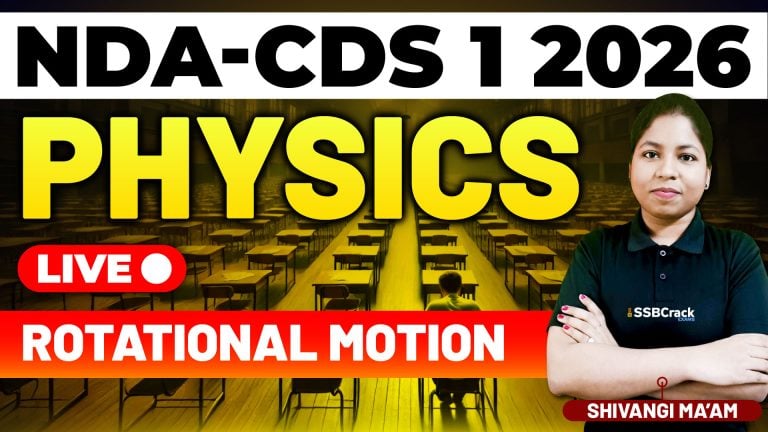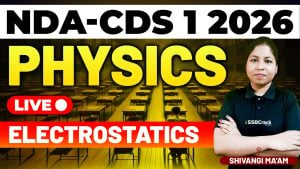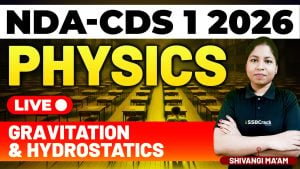In preparation for the National Defence Academy and Naval Academy (NDA-NA) Exam, we recently held an in-depth class on the topic of Sequence and Series. This area of algebra is foundational for NDA-NA Paper I – Maths, frequently appearing in exam questions that test students’ understanding of numerical patterns, relationships, and summations. This class focused on building strong concepts around types of sequences, arithmetic and geometric progressions, and solving for terms and means in a sequence. These skills are crucial for students to solve related problems efficiently in the exam.
Key Topics Covered in the Class
Our class took an organized approach to covering all essential aspects of Sequence and Series. Here is an outline of the main subtopics:
1. Understanding Sequences and Series
- We began by defining what sequences and series are, emphasizing how sequences are ordered lists of numbers following a pattern, while series is the sum of terms in a sequence. This foundational knowledge helped students understand the purpose of different types of progressions and their applications.
2. Progression: Arithmetic Progression (AP)
- The class discussed Arithmetic Progression (AP) in detail, exploring how each term in an AP is derived by adding a constant difference to the previous term. We discussed the significance of the general term in finding any specific position in an AP sequence and solving for the sum of a specific number of terms.
- We solved examples where students identified the general term, computed the sum of terms.
3. Progression: Geometric Progression (GP)
- Moving on to Geometric Progression (GP), the class delved into how terms in a GP are derived by multiplying the previous term by a fixed ratio. We discussed the general term and sum of a GP sequence, which are commonly asked in the exam.
4. Arithmetic Mean and Geometric Mean
- Another crucial aspect of the class was Arithmetic Mean (AM) and Geometric Mean (GM). These are fundamental concepts in algebra and are commonly tested in questions related to comparing values, finding missing terms, and determining relationships within a sequence.
Exam-Focused Strategies for Sequence and Series
Preparation for Sequence and Series questions in the NDA-NA exam demands a clear understanding of each topic and a strategy for efficient problem-solving. Here are some strategies shared in the class to help students master this topic:
- Strengthen the Basics: Knowing the fundamental concepts of AP, GP, sequences, and series is essential. Regularly revisiting these basics enables students to recognize question patterns quickly.
- Memorize Key Concepts and Shortcuts: Make sure to memorize key ideas like the formulas for the general term and sum of terms for both AP and GP, and familiarize yourself with shortcuts. This will save time in the exam, as many questions are structured to be solved using these direct methods.
- Practice a Variety of Problems: Practice questions from past NDA-NA exams as well as potential problem types that may appear. Understanding different approaches to problems with arithmetic and geometric progressions will allow you to tackle diverse question formats confidently.
- Focus on Arithmetic and Geometric Mean Calculations: Given the recurring presence of AM and GM-related questions, practicing these calculations frequently is beneficial. Many exam questions combine these concepts with AP and GP, so ensure you can apply AM and GM concepts within sequences accurately.
- Time Management: Sequence and Series questions often involve multiple steps, so practice managing time effectively. Aim to solve simpler problems first to secure marks quickly, then allocate remaining time to more complex questions.
Conclusion
Our class on Sequence and Series provided a thorough understanding of one of the most frequently tested topics in the NDA-NA Maths exam. By focusing on sequences, progressions, means, and solving various types of problems, students gained insights into exam patterns and effective problem-solving techniques. For aspirants, mastering Sequence and Series requires clarity of concepts, regular practice, and a strategic approach to applying formulas and identifying patterns. With these strategies and consistent effort, students can enhance their ability to answer Sequence and Series questions confidently and efficiently in the NDA-NA exam.



